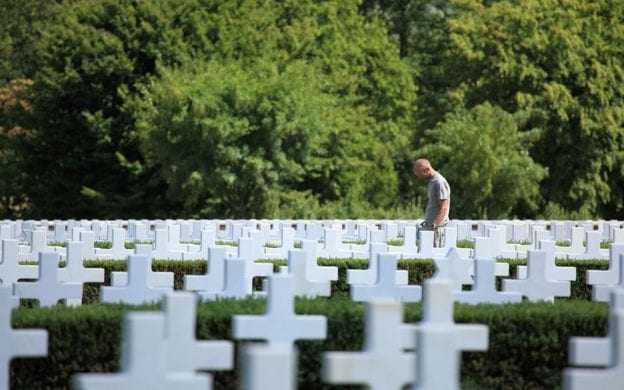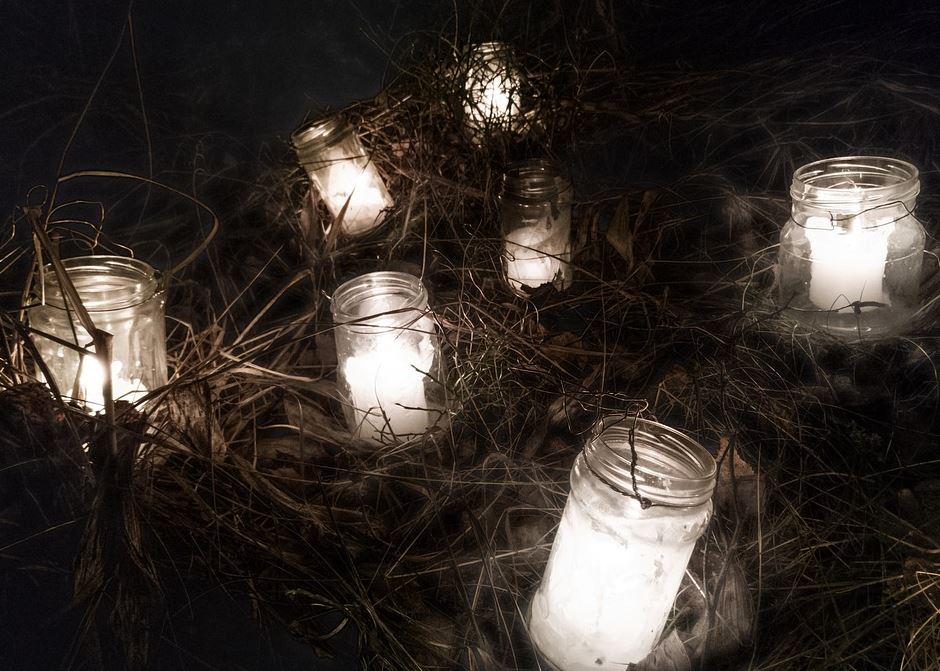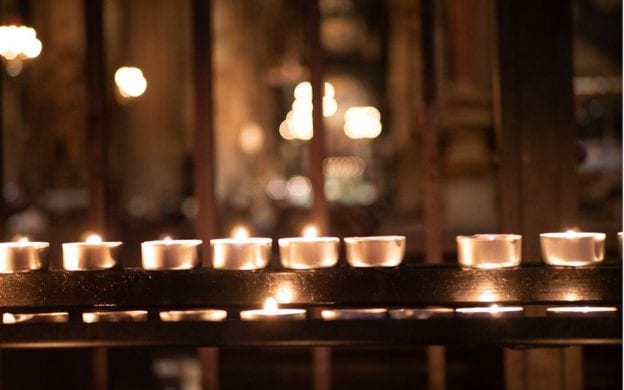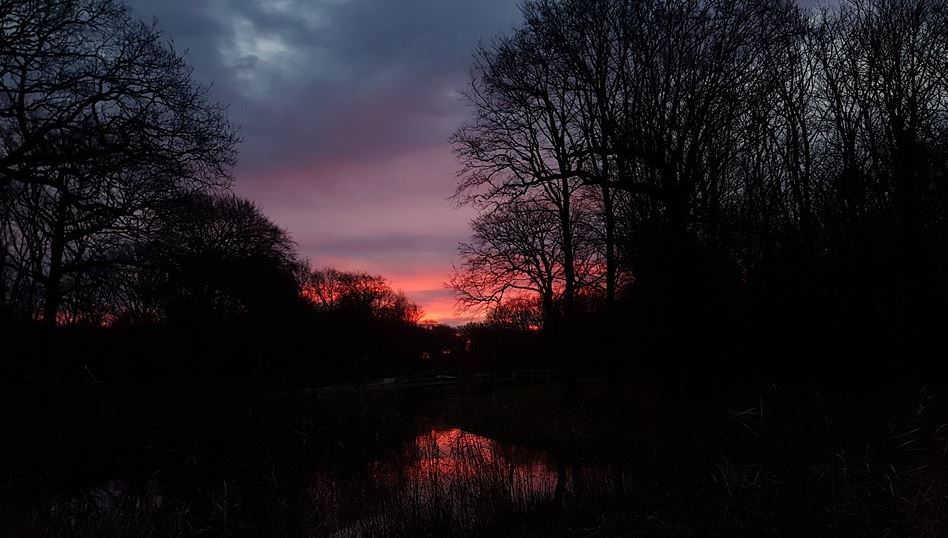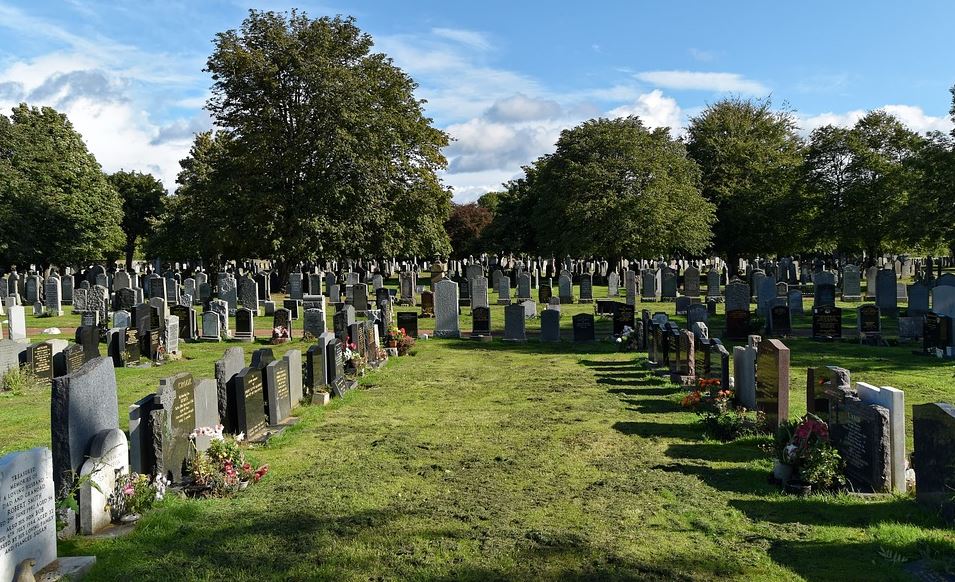When you are preplanning cremations at funeral homes in New Baltimore, MI, you may be unfamiliar with what happens during cremation. Put simply, the body is cremated, and the cremation remains are returned to family members. Cremation remains can be buried in the ground, placed into a columbarium (a building or room with slots where funeral urns are stored), retained by the family in an urn, or scattered somewhere.
By preplanning your cremation, you can determine exactly how you want your cremation to be. In most cases, when people are cremated services to honor their memory are conducted before the cremation or after the cremation.
If you want your service to be held before the cremation, then the process will be very similar to the process for a service that is held before a burial. You can choose to have a viewing and/or visitation, which will be followed by a funeral service or a graveside service.
This happens within a week or so after you have died. If you choose this option for your cremation, then you will probably have to choose to be embalmed. Embalming keeps the body from deteriorating quickly. Included in the embalming process are bathing, dressing, and grooming.
You can choose what kind of service you want to have. The funeral home can accommodate any format service and their staff can help make sure that any customized requests you have for the service are included.
Cremation will then take place after the service and your cremation remains will be returned to your family.
You can also choose to have a service held after you are cremated. Many people who are cremated like this option because it has more flexibility. It can be held at any time after the cremation, so a convenient time that works for most people can be chosen.
You have the choice of where and how you want your memorial service to be. It might be a casual format where your friends and family share stories and memories about you or it might be a gathering for an activity that you and your family and friends all enjoyed doing together. The options are endless.
One of the benefits of preplanning your cremation is that you get to decide what you want done with your cremation remains. They can be buried in a cemetery, stored in a columbarium, kept in an urn by the family, or scattered at one of your favorite places.
When you are preplanning your cremation, you can also choose how you want your cremation remains to be returned to your family. The funeral home has a wide selection of urns and other types of containers that you can choose from. Most of these can be customized in various ways.
You should make sure to write down everything you want for your cremation and give the funeral home a written copy with your instructions. The goal is to cover all aspects of your cremation – the funeral director will guide you through this process – so that your family does not have to do anything in the way of planning when you die.
Once you’ve preplanned your cremation with the funeral home, be sure to record everything and keep your instructions with your important papers (include burial/funeral policy information, if you have a policy). Be sure to talk with your family in detail about your cremation plans, so that they know what you want and so that they know you have talked with the funeral home.
For more information about cremations at funeral homes in New Baltimore, MI, our compassionate and experienced staff at Lee-Ellena Funeral Home can help.




